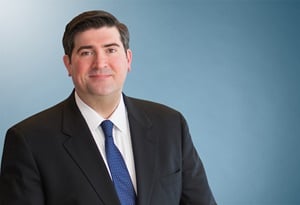Faegre Drinker Attorneys Contribute to PLI’s 2022 Telecommunications Law Answer Book
Since 2014, Faegre Drinker attorneys have written and updated the Practising Law Institute’s (PLI) “Telecommunications Law Answer Book,” an 800-plus page comprehensive overview of the issues faced by the many different participants in the telecommunications industry.
Telecommunications partner Laura Phillips serves as the PLI publication’s editor. Other contributors include partners Alicia Batts, Michael Daly, Marsha Indych, Christopher Monahan, Jeremiah Posedel and Lee Roach, co-chair Andrew Kassner, counsel Cindy Irani, and associates Quisi Newcom, Mitchell Noordyke, Mary Scott and Reeya Thakrar.
In a Q&A format, the “Telecommunications Law Answer Book” describes:
- The duties and obligations that apply to common carriers that provide telecommunications services
- The impact of and policy goals behind the Communications Act of 1934 and Telecommunications Act of 1996, as well as other federal statutes and regulations
- The FCC regulation of the radio and television spectrum, as well as ownership of broadcast stations and cable systems
- Why social media regulation is different from other media, and why the legal and practical analysis often differs from traditional advertising and broadcast outlets
- “Accessibility by design,” or the idea that from the moment of concept to realization, a communications product should be designed with accessibility in mind for those with cognitive or physical disabilities
- The enforcement process for companies or individuals that are alleged to have violated the rules of the Federal Communications Commission
- The rules regulating customer relationships and how political advertising should be handled
The publication also provides an overview of the Congressional and Federal Communications Commission (FCC) initiatives on data privacy and security, as well as the restrictions on foreign ownership of United States communications companies regulated by the FCC.








